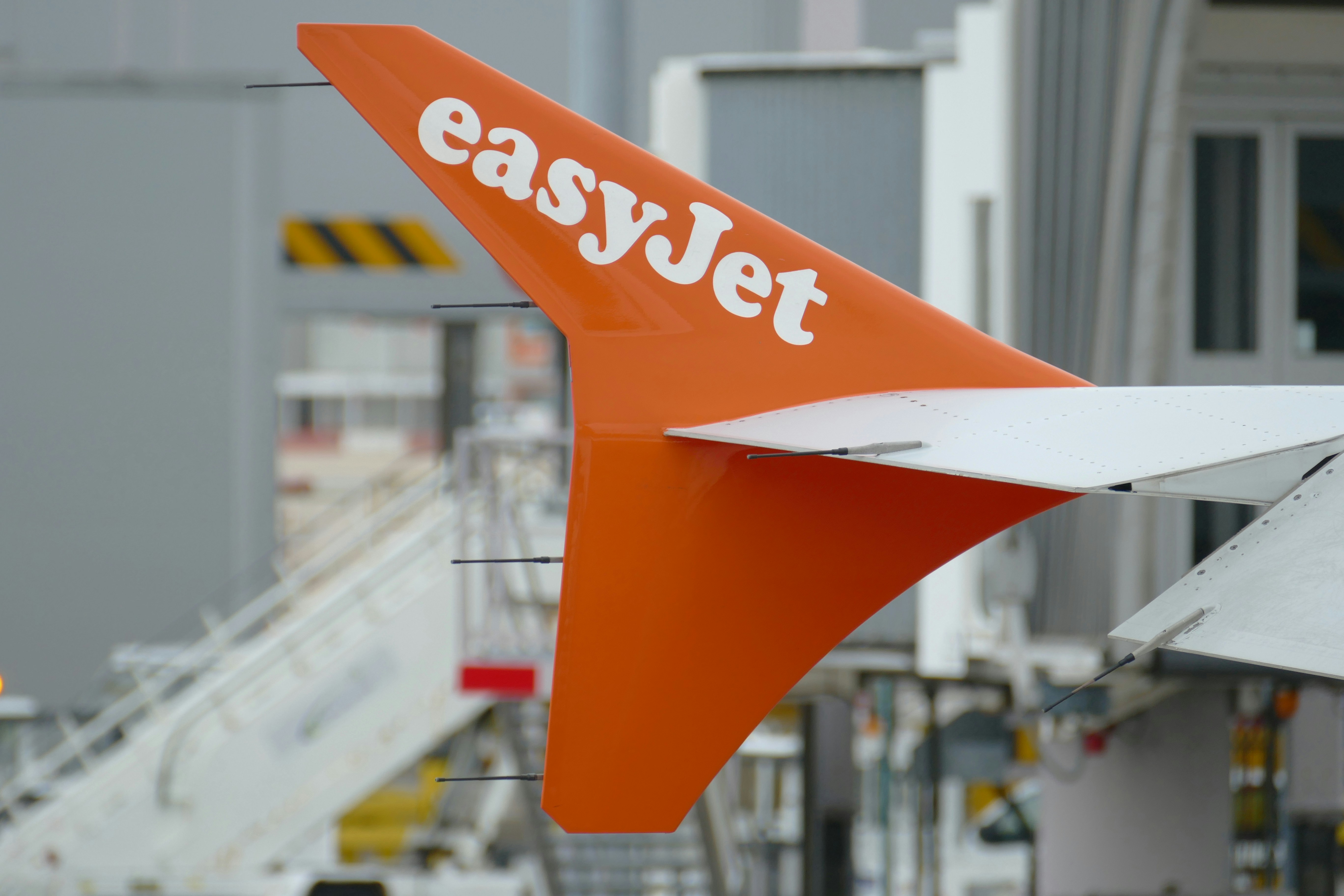As an airline investor, Ryan will never second-guess an operating CEO.
Dear readers,
In all the years Dec Ryan backed low-cost airline start-ups, mainly in the Americas and Asia, he rarely meddled in day-to-day operations, because of his own history.
When Ryan was in his early career as CEO of then-fledging Ryanair, engineering unions were on the cusp of calling a nationwide strike at Aer Lingus and Ryanair. Ryan recalls his father — aviation leasing entrepreneur Tony Ryan, and a key backer of Ryanair — calling him on a Sunday to tell him how to respond. He vowed then to never make orders to a CEO when he was in a position to tell others what to do.
"I was in my early twenties, so I kind of understand the concern about it," Ryan told me in an interview earlier this month. "But Jesus, did I feel second-guessed. It wasn't just him. There were several people, and I could have been wrong, .... but somebody behind you second-guessing you, it's not fun."
Ryan, now 60, has been gone from Ryanair for almost two decades, having left the board in 2004. But the Ryanair experience shaped how he has invested in start-up airlines and other opportunities. For many years, his group, Irelandia Aviation, worked with airlines with a Ryanair-style model, including Viva Aerobus, Allegiant, Viva Air Colombia, and Tigerair. Having recently sold its last airline holding, Viva Air Colombia, to Avianca,1 Ryan is focused on a new venture: a cargo airline flying electric airplanes.
I became friendly with Ryan recently on LinkedIn — he was among the very few people to support my column on Air Tahiti Nui, in which I questioned whether the country really needs a government-funded airline. I invited him to participate in my “Inside the Brain” feature, where we learn how aviation executives make decisions.
Here's what Ryan shared about how he evaluates potential investments, how he coaches executives at companies his firm owns, and what metrics he looks for to gauge success.












